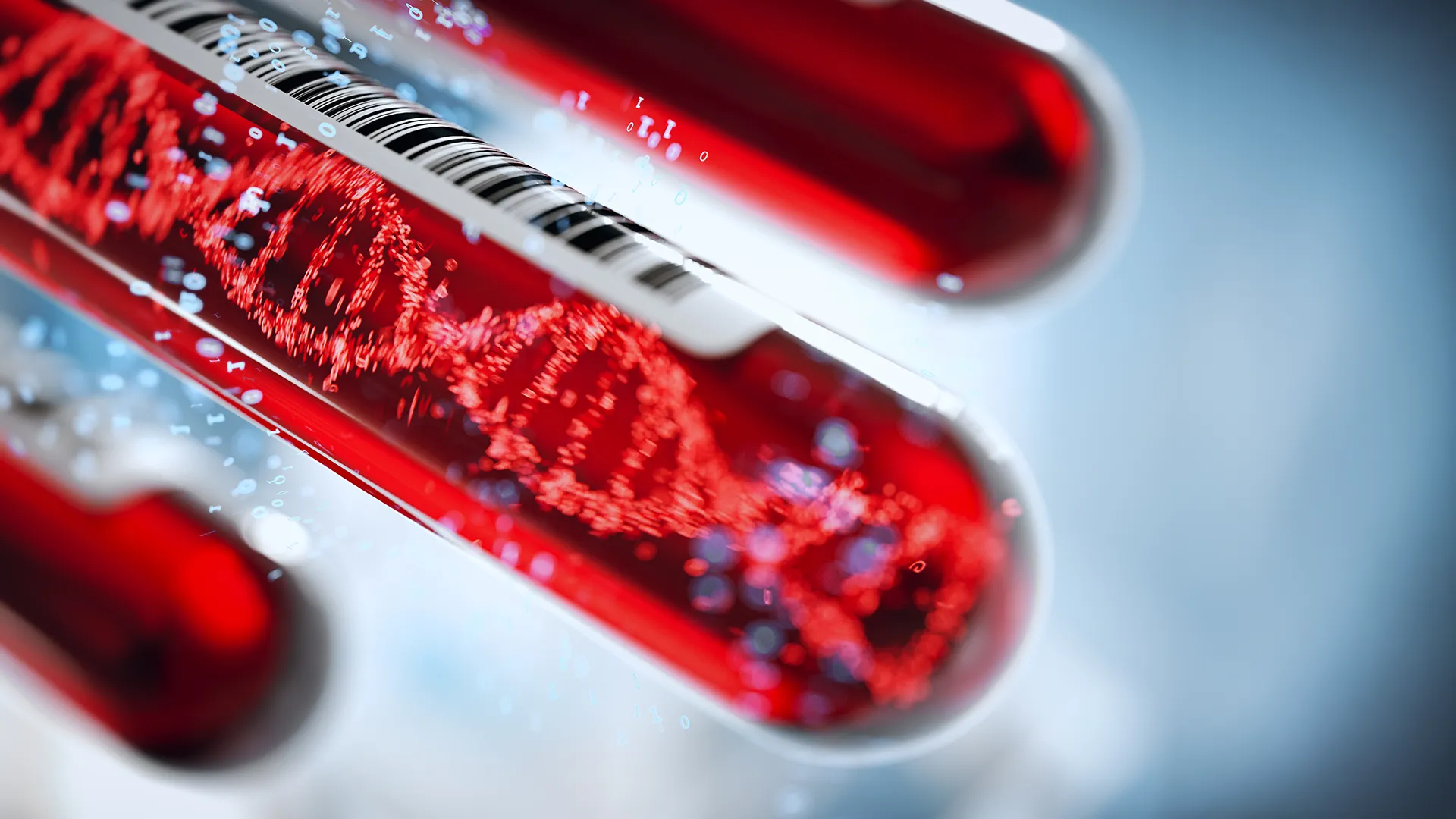Genetic material shed by tumors can be detected in the bloodstream three years prior to cancer diagnosis, according to a study led by investigators at the Ludwig Center at Johns Hopkins, Johns Hopkins Kimmel Cancer Center, the Johns Hopkins…
Category: 5. Health
-
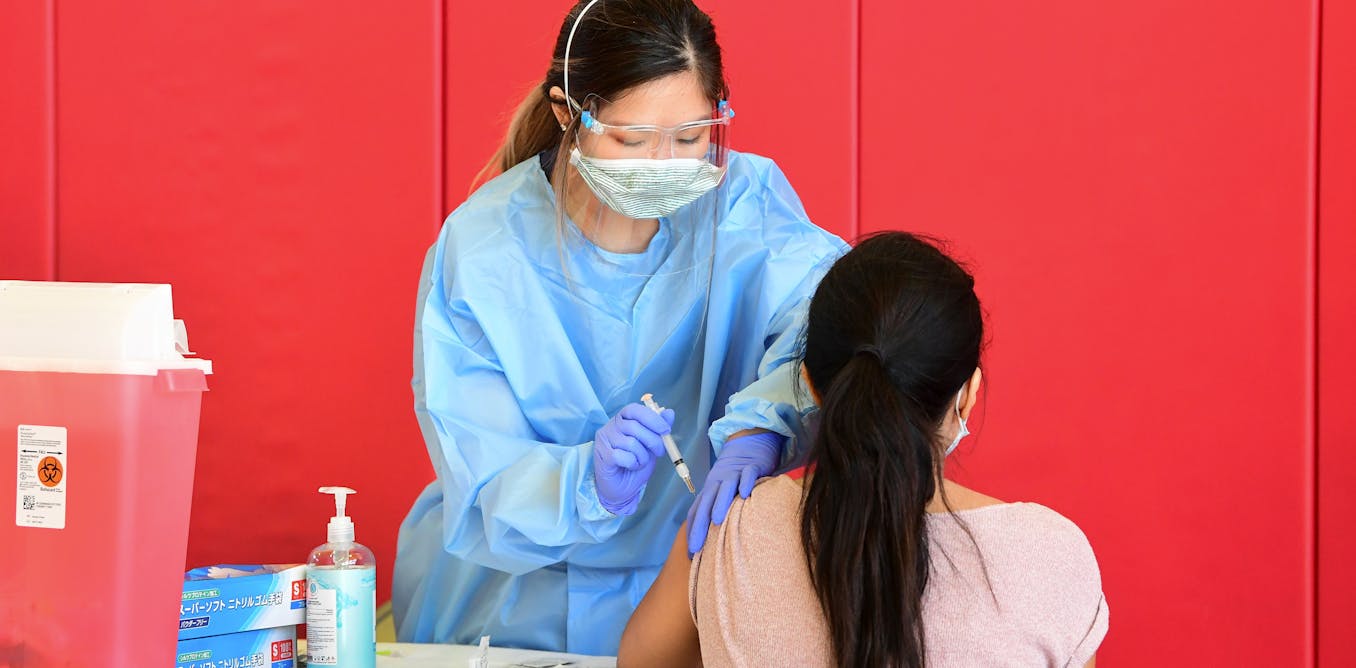
RFK Jr’s shakeup of vaccine advisory committee raises worries about scientific integrity of health recommendations
On June 11, 2025, Health Secretary Robert F. Kennedy Jr. announced a slate of eight new members to serve on the Advisory Committee on Immunization Practices, which advises the Centers for Disease Control and Prevention on national vaccine…
Continue Reading
-

How To Lead A Company Through Personal Crisis And Come Back Stronger
As Paramount Chair Shari Redstone reveals her battle with thyroid cancer, founder Billie Whitehouse opens up about leading a company through a profound health challenge—and what other women leaders can learn from her experience.
Shari Redstone,…
Continue Reading
-
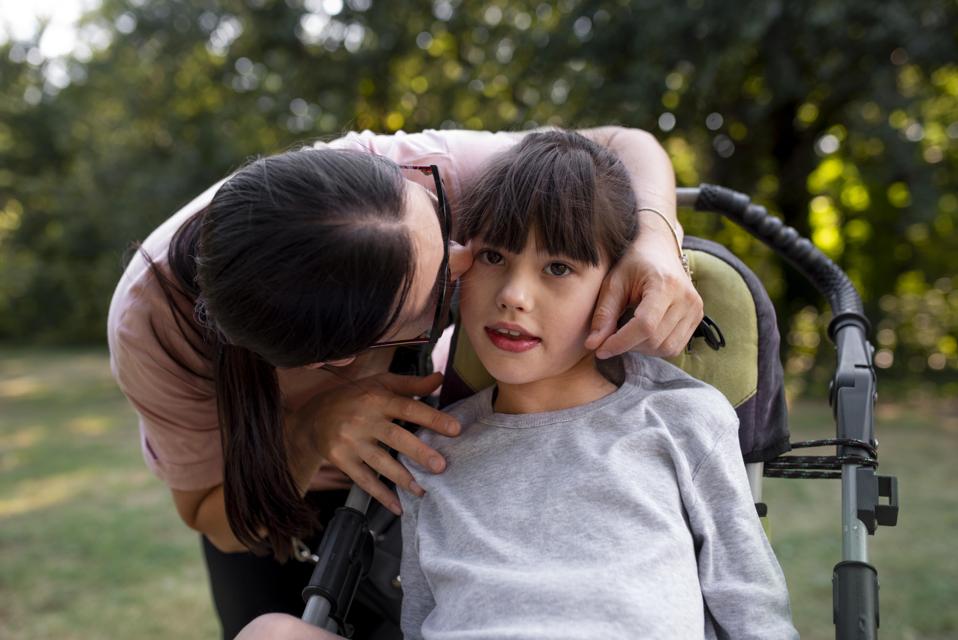
The Triumphs And Trials Of Duchenne Gene Therapy
Advances in gene therapy are beginning to change the narrative for children with genetic diseases … More
Today, the world stands at a crossroads in genetic medicine, as seen in Destiny’s Child…
Continue Reading
-

Older adults with dementia misjudge their financial skills – which may make them more vulnerable to fraud, new research finds
Older adults diagnosed with dementia lose their ability to assess how well they manage their finances, according to a recent study I co-authored in The Gerontologist. In comparison, people of the same age who don’t have dementia are aware…
Continue Reading
-

Adolescents who smoke or vape may believe tobacco’s perceived coping benefits outweigh accepted health risks
Tobacco use in a variety of forms is common in adolescent life today, with over 2.25 million youth using.
Huge progress has been made over the past few decades in reducing cigarette use among young people. But tobacco use – primarily…
Continue Reading
-

Affordable GLP-1 Drugs For Weight Loss Are Within Reach
Weight loss brings health benefits at any age, but is difficult for many to achieve and sustain.
In every news cycle, there’s at least one story about GLP-1 drugs such as Ozempic, Wegovy and Zepbound. Although some extol the drugs’
Continue Reading
-
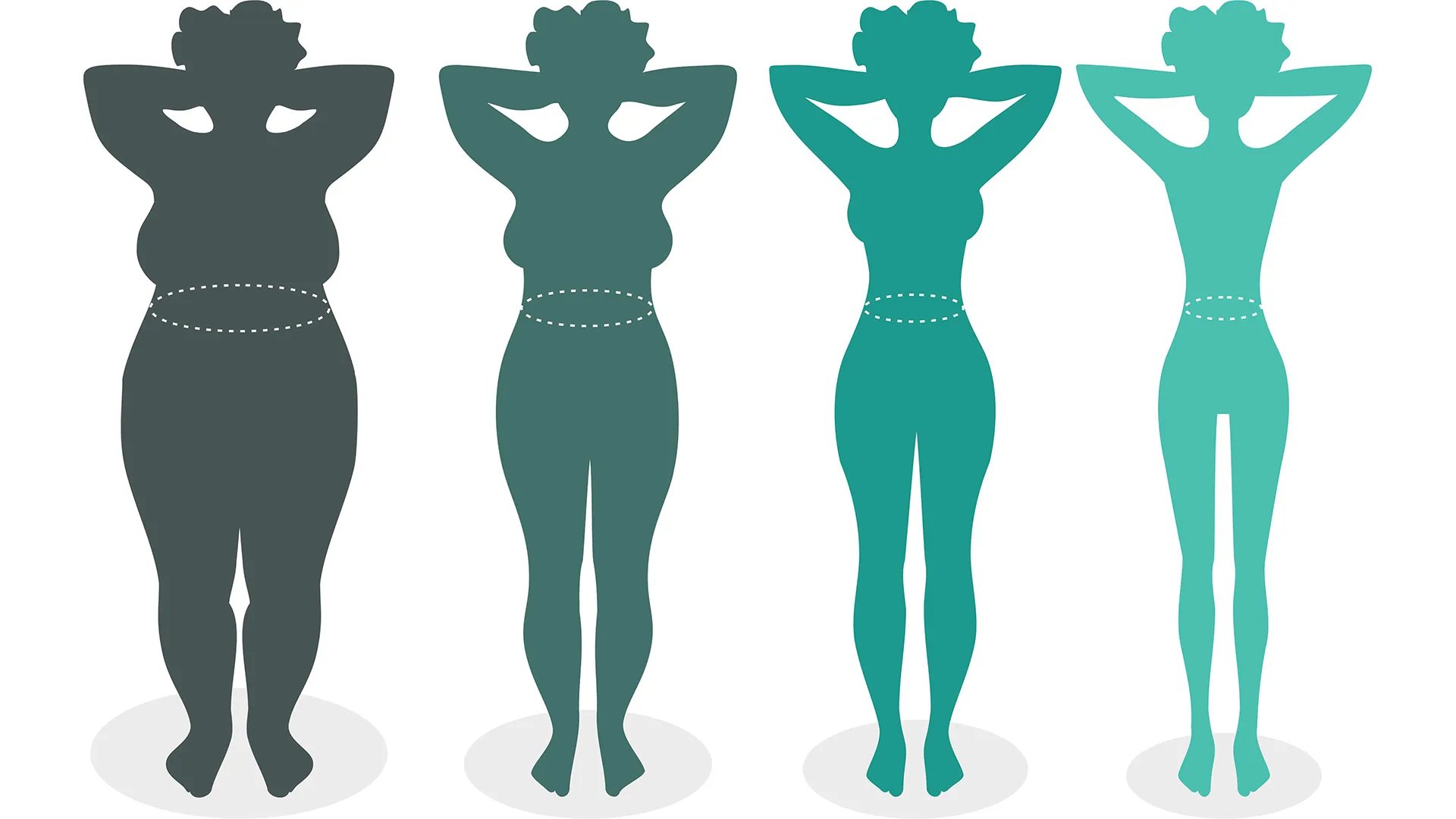
Beyond Ozempic: New weight loss drug rivals surgery
Weight loss drugs like Ozempic and Wegovy are used by over 15 million adults in the U.S., or 4.5% of the population. Despite their effectiveness, they have drawbacks. Their effect may not last after discontinuing use, and side effects including…
Continue Reading
-
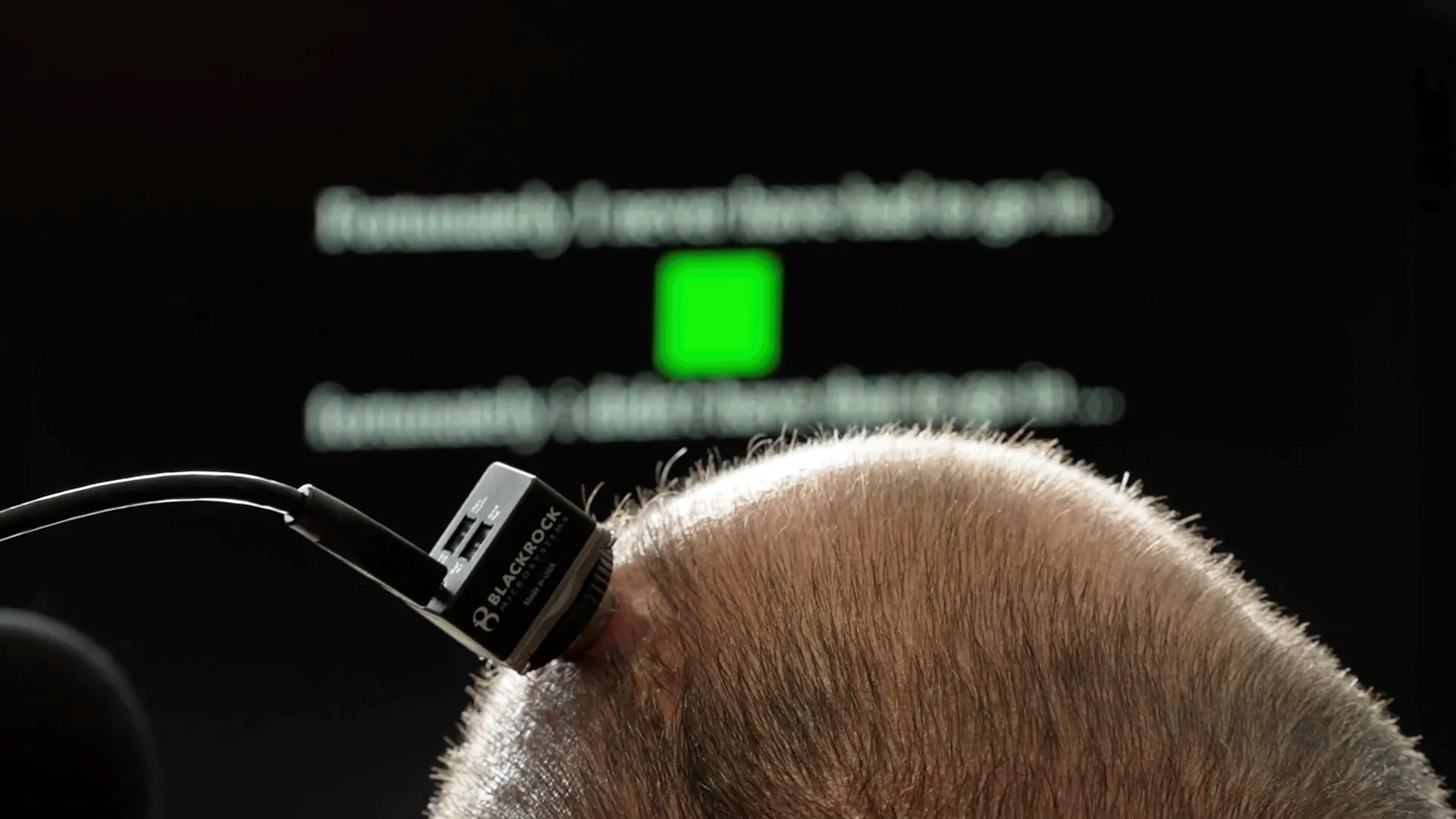
Brain-computer interface restores real-time speech in als patient
Researchers at the University of California, Davis, have developed an investigational brain-computer interface that holds promise for restoring the voices of people who have lost the ability to speak due to neurological conditions.
In a new study…
Continue Reading
-
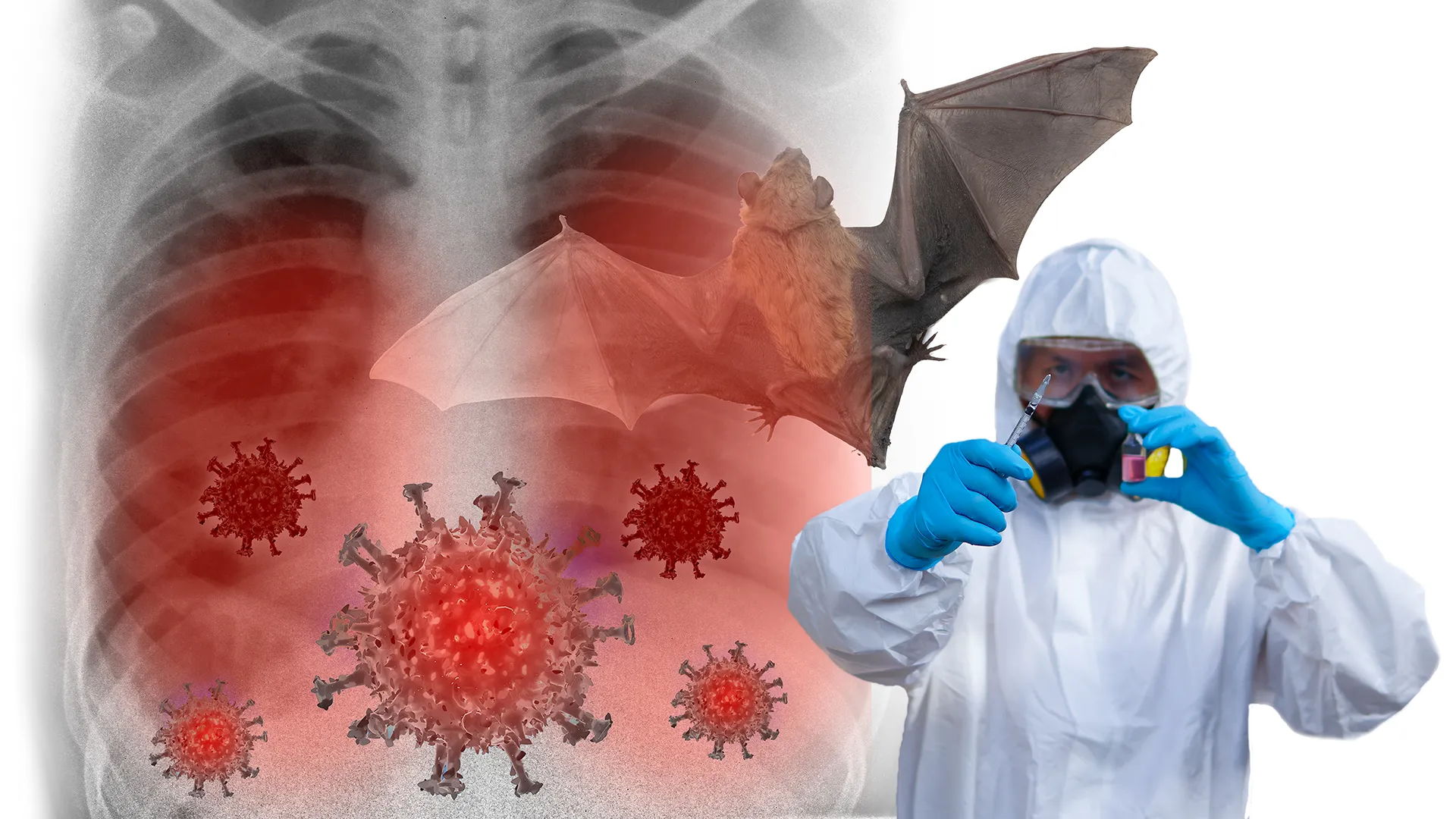
Scientists warn of bat virus just one mutation from infecting humans
A group of bat viruses closely related to the deadly Middle East respiratory syndrome coronavirus (MERS-CoV) could be one small mutation away from being capable of spilling over into human populations and potentially causing the next pandemic.
A…
Continue Reading
